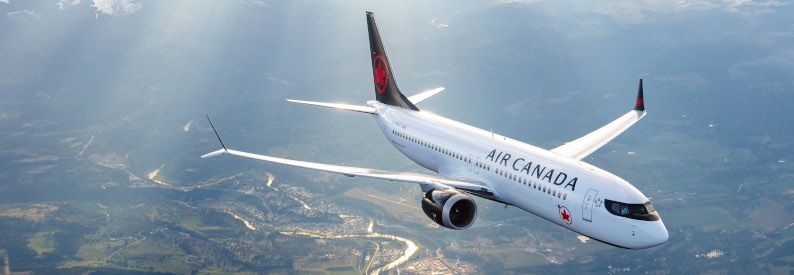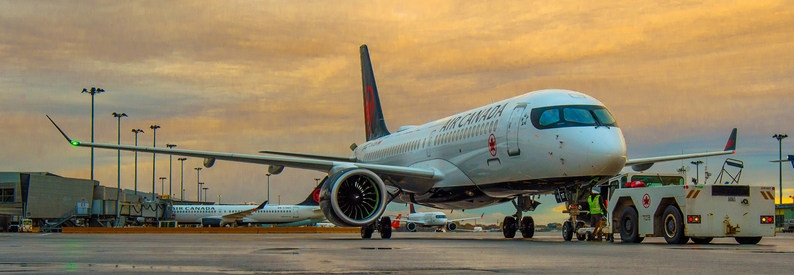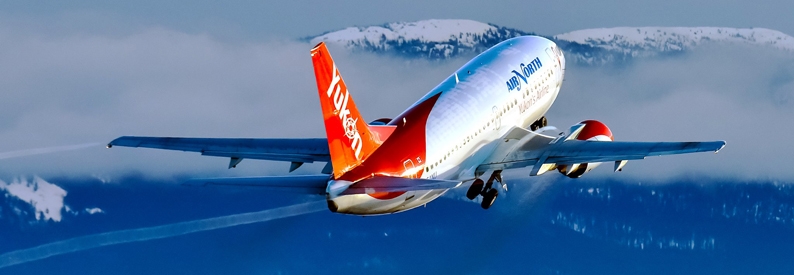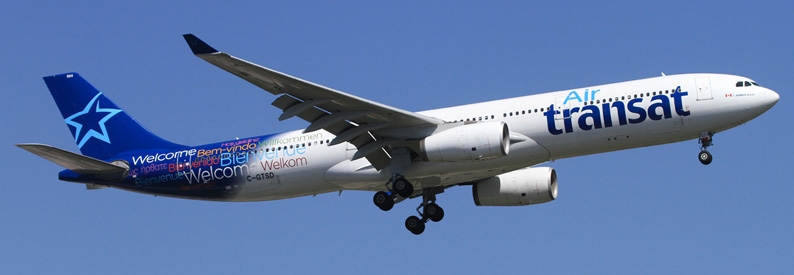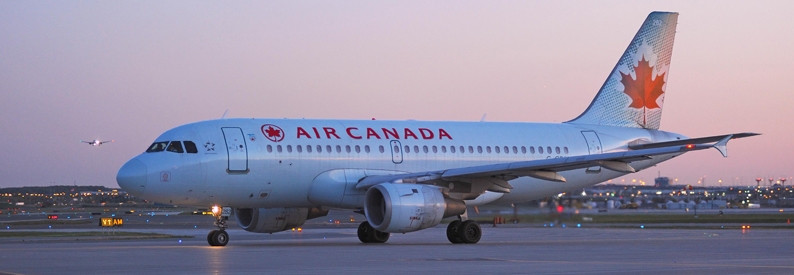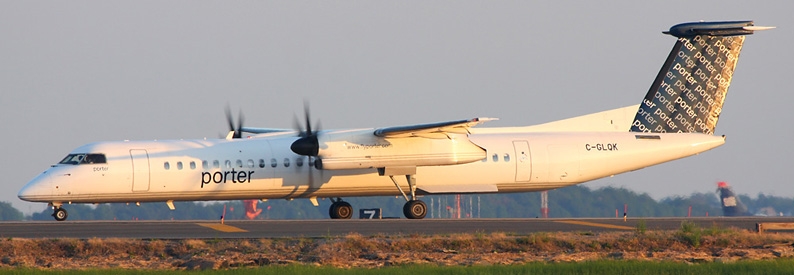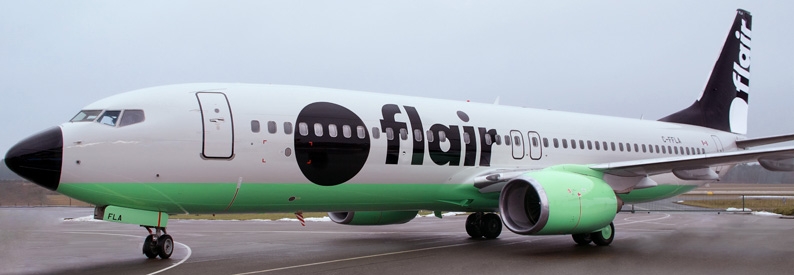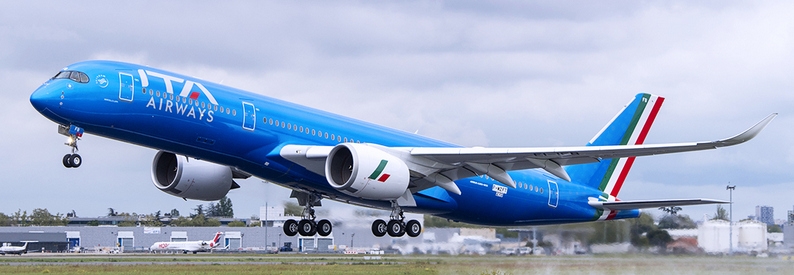Air Canada (AC, Montréal Trudeau) has opted to scale back the growth of its cargo business and has therefore dropped plans to add two B767 freighters over the coming 18 months in order to better match capacity to demand.
“Despite higher volumes, revenues declined CAD23 million Canadian dollars [USD16.7 million] year-over-year due to softer yields. To adjust, we have tempered our future freighter capacity growth and removed two planned B767 freighters from 2024 and 2025, which in aggregate resulted in a one-time operating expense of CAD20 million [USD14.5 million] for the quarter,” Mark Galardo, Air Canada’s executive vice president for revenue and network planning said in a quarterly earnings call.
Air Canada has a freighter fleet of six B767-300ER(BDSF)s and two B767-300Fs, the ch-aviation Commercial Aviation Aircraft Data module shows. In the financial results of the fourth quarter of 2023, when it had seven freighters, the company projected adding two B767-300 freighters in 2024 and one in 2025 making a total of ten.
The 9% decline in cargo revenues versus the first quarter of 2023 was primarily due to reduced cash inflows in the Atlantic market on lower yield and volume year-over-year. Air Canada partially offset this decline by increasing its volume in other markets, in particular the Pacific market, it said in its results for the first quarter of 2024.
Separately, Air Canada closed the quarter with a fleet of 208 aircraft and expects to increase this to 211 by the end of the year, adding one B787-9, two A330-300s, and two A220-300s, but retiring two A319-100s.
In 2025, the carrier expects to add 17 new planes, including one B787-10, five B737-8s, three A321-200NY(XLR)s, and eight A220-300s. Air Canada recently announced the lease of additional B737-8s.
In the first quarter of 2024, Air Canada reported a net loss of CAD81 million (USD59.2 million) on operating revenue of CAD5.2 billion (USD3.8 billion).
- Type
- Base
- Aircraft
- Destinations
- Routes
- Daily Flights

